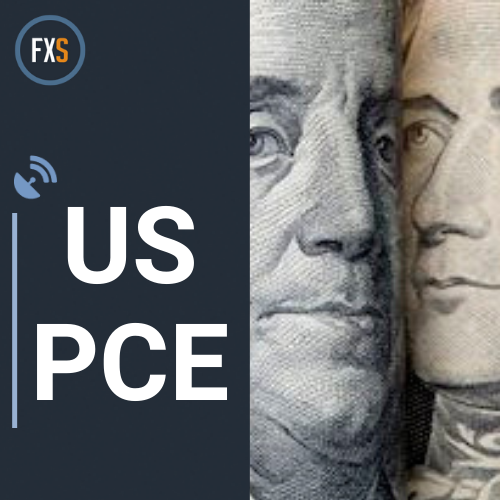The percentage of the adult American population not working for reasons related to Covid-19 tripled between December and January, according to Goldman Sachs.
The Wall Street bank, citing the latest Household Pulse survey of about 75,000 Census Bureau respondents, said the proportion of adults not working for reasons related to the virus jumped from 1.2% in December to 3.5% in January.
Mark Zandi, chief economist at Moody’s Analytics, highlighted in Twitter that research shows that 12 million people “were not working because they were sick with the virus, caring for someone who was infected or was afraid of getting sick”.
The survey, carried out in the first 10 days of January, is “further evidence of the economic damage that Ômicron is causing”, according to Zandi.
The rapid spread of Omicron has caused significant disruptions in recent weeks, making workers sick and forcing others into quarantine. Everything from garbage collection and emergency services to airlines has come to a halt.
“Employers with public-facing workers such as schools and emergency service providers appear to have had particularly large portions of their workforce isolated due to the virus,” Goldman Sachs economists wrote in the report.
Between December 27 and January 7, an average of 8% of flights were canceled each day, according to the US bank. However, flight cancellations have recently declined, “suggesting a diminishing impact of worker absenteeism,” the report notes.
Meanwhile, Ômicron is getting Americans to change their behavior, dealing a blow to Covid-sensitive sectors of the economy.
“Activity in virus-sensitive services has declined dramatically in the last month,” said Goldman Sachs. Air travel, for example, has declined. The number of passengers processed at airports by the Transportation Security Administration has dropped to about 72% from the level of two years ago, compared with 84% in November, according to Goldman Sachs.
Both American Airlines and United Airlines warned this week of reduced demand due to the new variant. “While Omicron is impacting short-term demand, we remain optimistic about spring and excited about summer and beyond,” said Scott Kirby, CEO of United Airlines.
OpenTable’s tracking of customers seated in restaurants has also declined by a similar margin, Goldman Sachs said.
(Translated text. Click here to read the original)
Reference: CNN Brasil
I am Sophia william, author of World Stock Market. I have a degree in journalism from the University of Missouri and I have worked as a reporter for several news websites. I have a passion for writing and informing people about the latest news and events happening in the world. I strive to be accurate and unbiased in my reporting, and I hope to provide readers with valuable information that they can use to make informed decisions.






